Tag Archive for: students
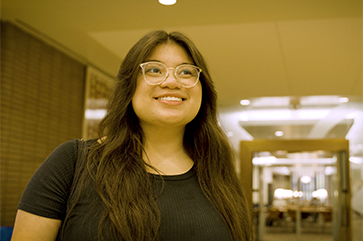 https://www.college.ucla.edu/wp-content/uploads/2025/06/Evelyn-363-241.png
241
363
Alvaro Castillo
https://www.college.ucla.edu/wp-content/uploads/2019/07/Uxd_Blk_College-e1557344896161.png
Alvaro Castillo2025-06-10 10:47:282025-06-10 10:48:12Evelyn Giron’s work has sought to challenge literary norms, centering Central American voices
https://www.college.ucla.edu/wp-content/uploads/2025/06/Evelyn-363-241.png
241
363
Alvaro Castillo
https://www.college.ucla.edu/wp-content/uploads/2019/07/Uxd_Blk_College-e1557344896161.png
Alvaro Castillo2025-06-10 10:47:282025-06-10 10:48:12Evelyn Giron’s work has sought to challenge literary norms, centering Central American voices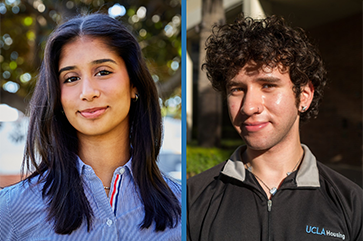 https://www.college.ucla.edu/wp-content/uploads/2025/06/RitikaJimmy-363-241.png
241
363
Alvaro Castillo
https://www.college.ucla.edu/wp-content/uploads/2019/07/Uxd_Blk_College-e1557344896161.png
Alvaro Castillo2025-06-10 10:39:392025-06-11 15:10:17Graduating Bruins spotlight the struggles of students who juggle classes and jobs
https://www.college.ucla.edu/wp-content/uploads/2025/06/RitikaJimmy-363-241.png
241
363
Alvaro Castillo
https://www.college.ucla.edu/wp-content/uploads/2019/07/Uxd_Blk_College-e1557344896161.png
Alvaro Castillo2025-06-10 10:39:392025-06-11 15:10:17Graduating Bruins spotlight the struggles of students who juggle classes and jobs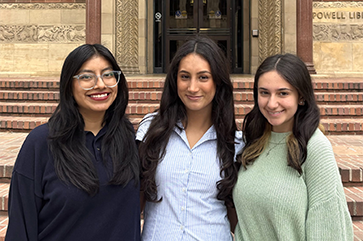 https://www.college.ucla.edu/wp-content/uploads/2025/06/Journal-of-Religion-editors-at-Powell-Library-for-web-363-241.png
241
363
Alvaro Castillo
https://www.college.ucla.edu/wp-content/uploads/2019/07/Uxd_Blk_College-e1557344896161.png
Alvaro Castillo2025-06-10 08:48:312025-06-11 08:49:47Students relaunch religion journal after 4-year hiatus
https://www.college.ucla.edu/wp-content/uploads/2025/06/Journal-of-Religion-editors-at-Powell-Library-for-web-363-241.png
241
363
Alvaro Castillo
https://www.college.ucla.edu/wp-content/uploads/2019/07/Uxd_Blk_College-e1557344896161.png
Alvaro Castillo2025-06-10 08:48:312025-06-11 08:49:47Students relaunch religion journal after 4-year hiatus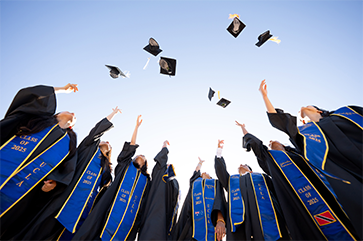 https://www.college.ucla.edu/wp-content/uploads/2025/06/2025gradhats-363-241.png
241
363
Alvaro Castillo
https://www.college.ucla.edu/wp-content/uploads/2019/07/Uxd_Blk_College-e1557344896161.png
Alvaro Castillo2025-06-10 08:40:022025-06-11 08:40:52Honoring the remarkable students of UCLA’s class of 2025
https://www.college.ucla.edu/wp-content/uploads/2025/06/2025gradhats-363-241.png
241
363
Alvaro Castillo
https://www.college.ucla.edu/wp-content/uploads/2019/07/Uxd_Blk_College-e1557344896161.png
Alvaro Castillo2025-06-10 08:40:022025-06-11 08:40:52Honoring the remarkable students of UCLA’s class of 2025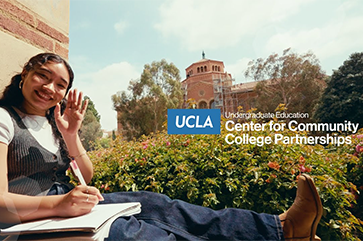 https://www.college.ucla.edu/wp-content/uploads/2025/06/CCP-commencement-363-241.png
241
363
Alvaro Castillo
https://www.college.ucla.edu/wp-content/uploads/2019/07/Uxd_Blk_College-e1557344896161.png
Alvaro Castillo2025-06-10 08:31:392025-06-11 08:32:58Celebrating four graduating Center for Community College Partnerships peer advisors
https://www.college.ucla.edu/wp-content/uploads/2025/06/CCP-commencement-363-241.png
241
363
Alvaro Castillo
https://www.college.ucla.edu/wp-content/uploads/2019/07/Uxd_Blk_College-e1557344896161.png
Alvaro Castillo2025-06-10 08:31:392025-06-11 08:32:58Celebrating four graduating Center for Community College Partnerships peer advisors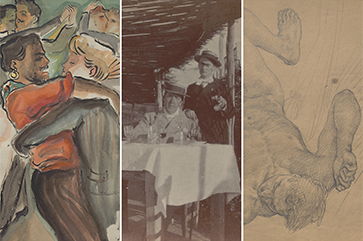 https://www.college.ucla.edu/wp-content/uploads/2025/06/Queer-Kin-exhibition-triptych-363-241.png
241
363
Alvaro Castillo
https://www.college.ucla.edu/wp-content/uploads/2019/07/Uxd_Blk_College-e1557344896161.png
Alvaro Castillo2025-06-09 14:32:452025-06-10 14:36:15‘Queer Kin,’ Clark Library exhibition curated by art history doctoral candidate illuminates hidden histories of LGBTQ love
https://www.college.ucla.edu/wp-content/uploads/2025/06/Queer-Kin-exhibition-triptych-363-241.png
241
363
Alvaro Castillo
https://www.college.ucla.edu/wp-content/uploads/2019/07/Uxd_Blk_College-e1557344896161.png
Alvaro Castillo2025-06-09 14:32:452025-06-10 14:36:15‘Queer Kin,’ Clark Library exhibition curated by art history doctoral candidate illuminates hidden histories of LGBTQ love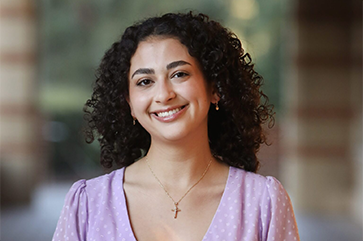 https://www.college.ucla.edu/wp-content/uploads/2025/06/Katie-Cunningham_Grad-363-241.png
241
363
Alvaro Castillo
https://www.college.ucla.edu/wp-content/uploads/2019/07/Uxd_Blk_College-e1557344896161.png
Alvaro Castillo2025-06-09 10:32:172025-06-09 10:33:10Katie Cunningham, linguistics and English major, selected to perform at 2025 commencement
https://www.college.ucla.edu/wp-content/uploads/2025/06/Katie-Cunningham_Grad-363-241.png
241
363
Alvaro Castillo
https://www.college.ucla.edu/wp-content/uploads/2019/07/Uxd_Blk_College-e1557344896161.png
Alvaro Castillo2025-06-09 10:32:172025-06-09 10:33:10Katie Cunningham, linguistics and English major, selected to perform at 2025 commencement
Student voices shine at UCLA College commencement
David Esquivel/UCLA
Kayla McCormack | June 6, 2025
Three…
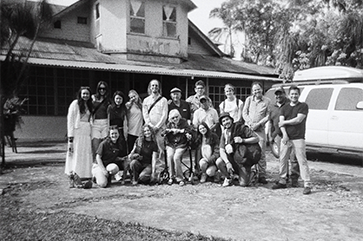 https://www.college.ucla.edu/wp-content/uploads/2025/06/Finca-363-241.png
241
363
Alvaro Castillo
https://www.college.ucla.edu/wp-content/uploads/2019/07/Uxd_Blk_College-e1557344896161.png
Alvaro Castillo2025-06-05 10:47:372025-06-09 10:48:36Field notes from the finca: UCLA students trace biodiversity through Guatemalan cloud forest and coffee fields
https://www.college.ucla.edu/wp-content/uploads/2025/06/Finca-363-241.png
241
363
Alvaro Castillo
https://www.college.ucla.edu/wp-content/uploads/2019/07/Uxd_Blk_College-e1557344896161.png
Alvaro Castillo2025-06-05 10:47:372025-06-09 10:48:36Field notes from the finca: UCLA students trace biodiversity through Guatemalan cloud forest and coffee fields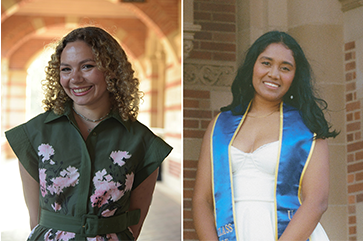 https://www.college.ucla.edu/wp-content/uploads/2025/06/Brannon-and-Charan-portraits-composite-363-241.png
241
363
Alvaro Castillo
https://www.college.ucla.edu/wp-content/uploads/2019/07/Uxd_Blk_College-e1557344896161.png
Alvaro Castillo2025-06-05 10:15:562025-06-09 10:17:152 from Humanities Division earn Undergraduate Research Week awards
https://www.college.ucla.edu/wp-content/uploads/2025/06/Brannon-and-Charan-portraits-composite-363-241.png
241
363
Alvaro Castillo
https://www.college.ucla.edu/wp-content/uploads/2019/07/Uxd_Blk_College-e1557344896161.png
Alvaro Castillo2025-06-05 10:15:562025-06-09 10:17:152 from Humanities Division earn Undergraduate Research Week awards
